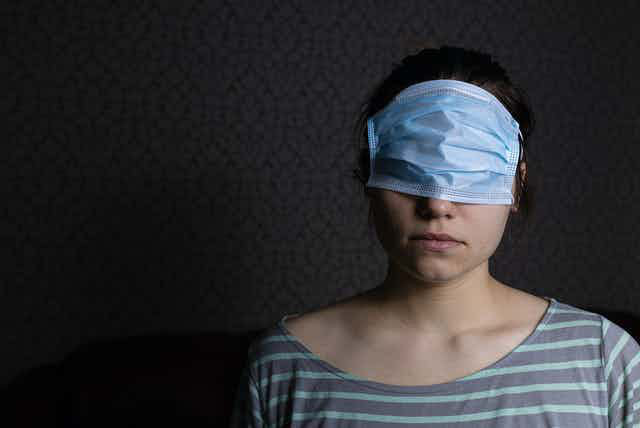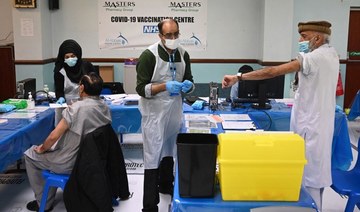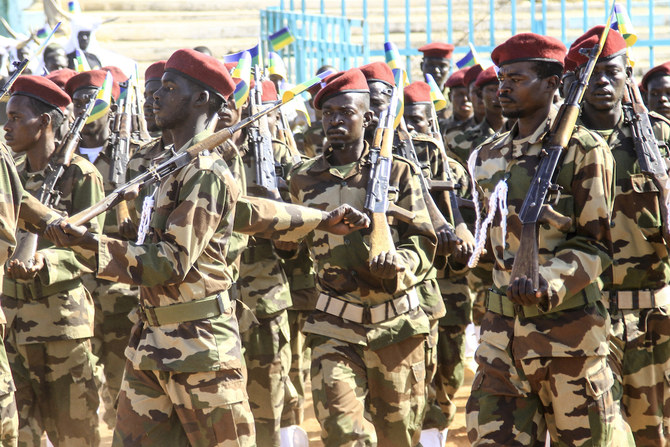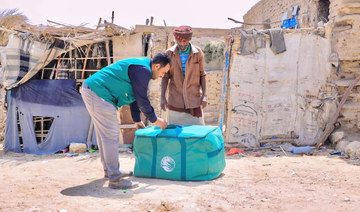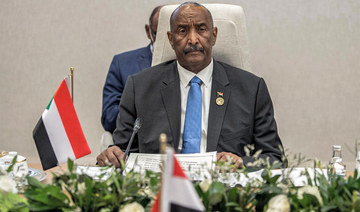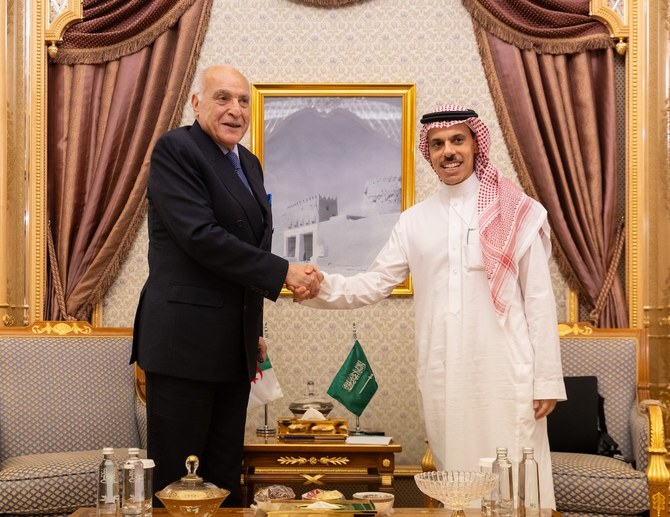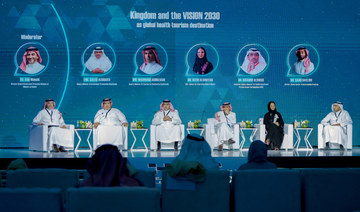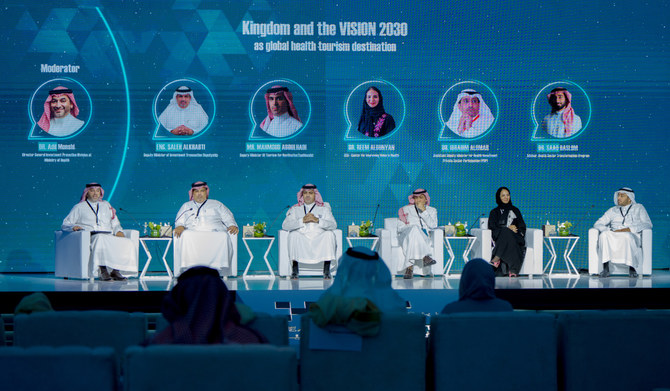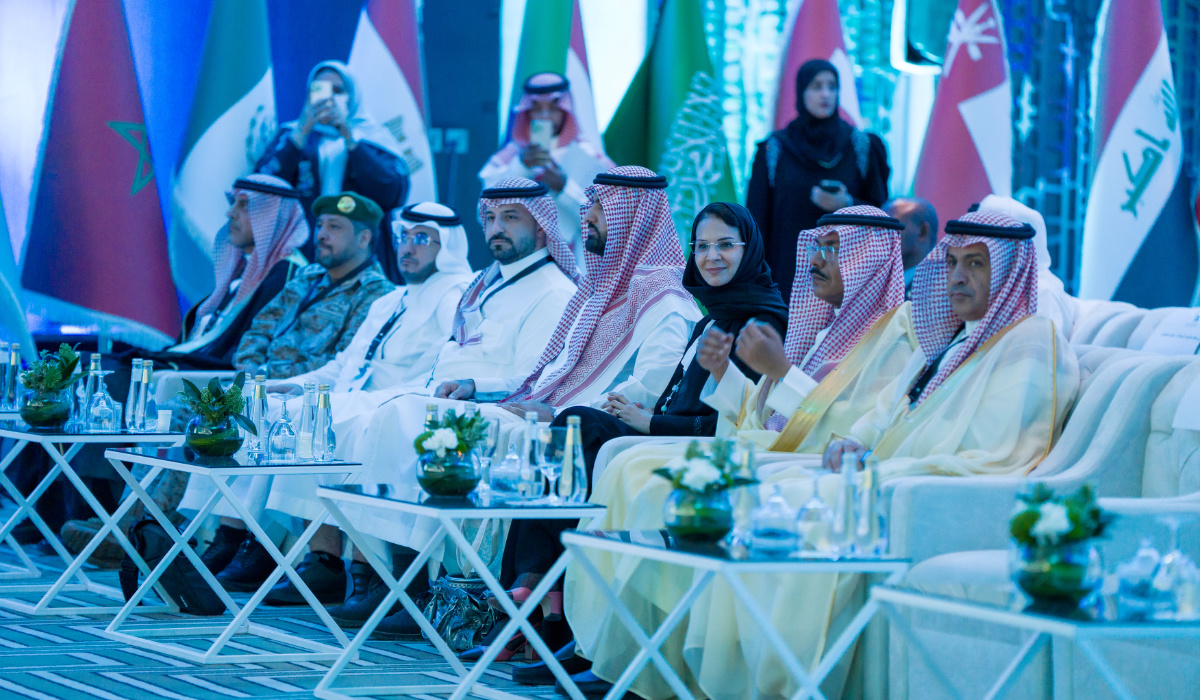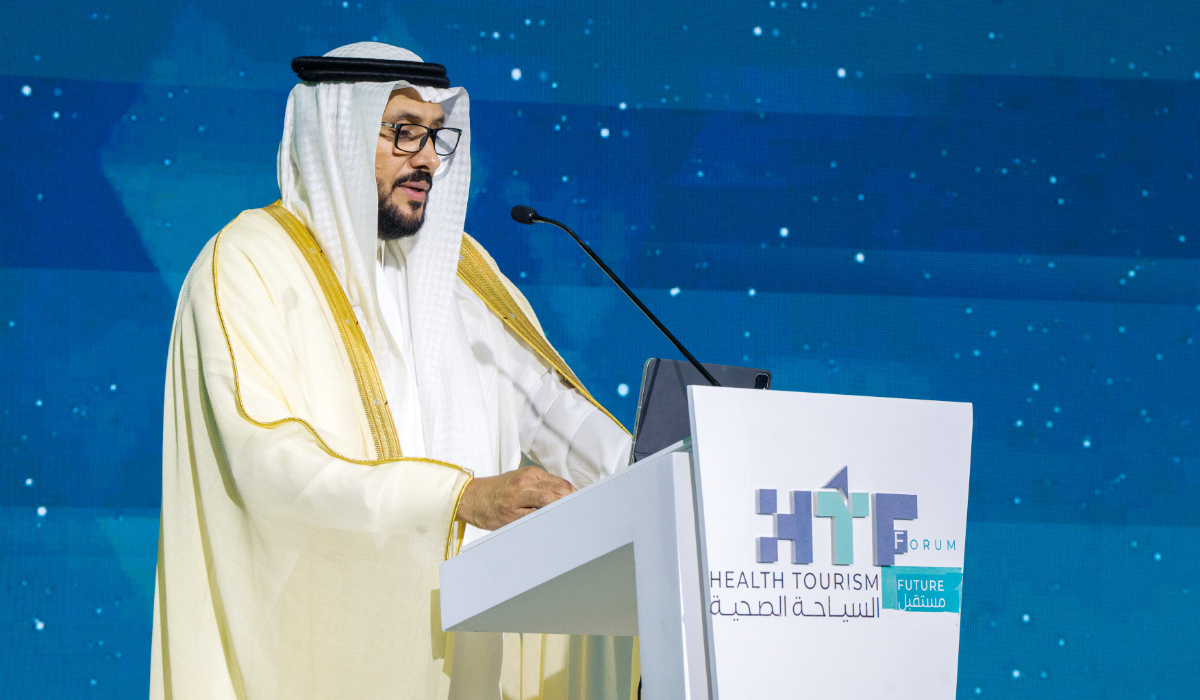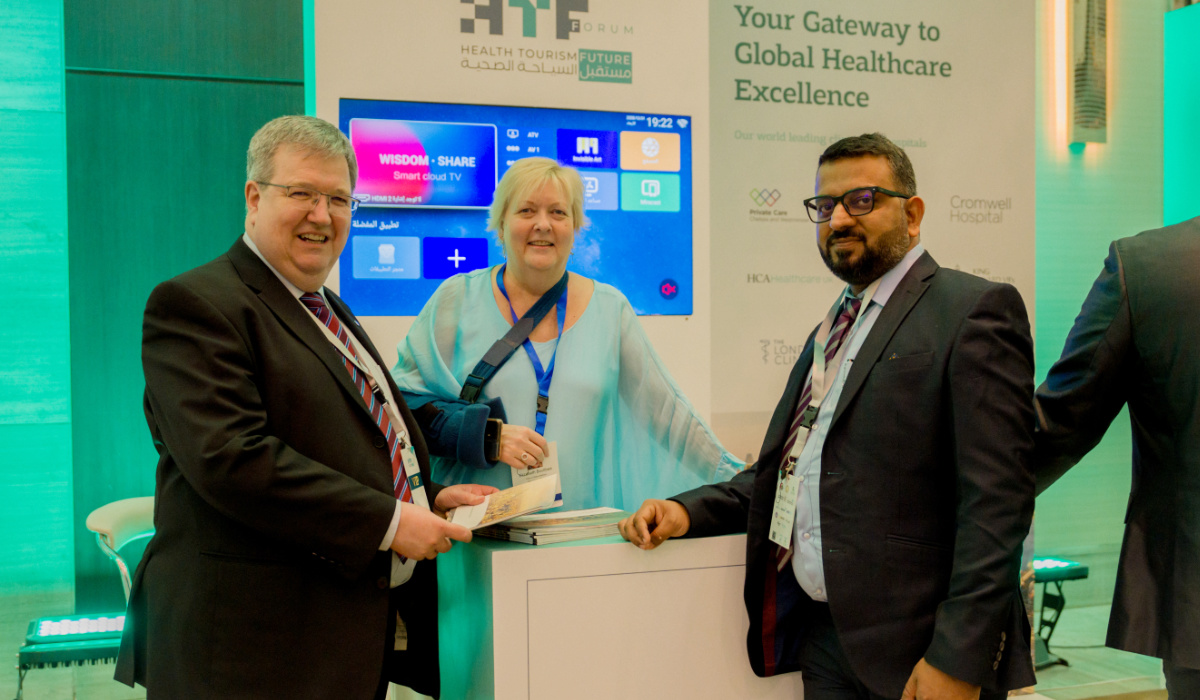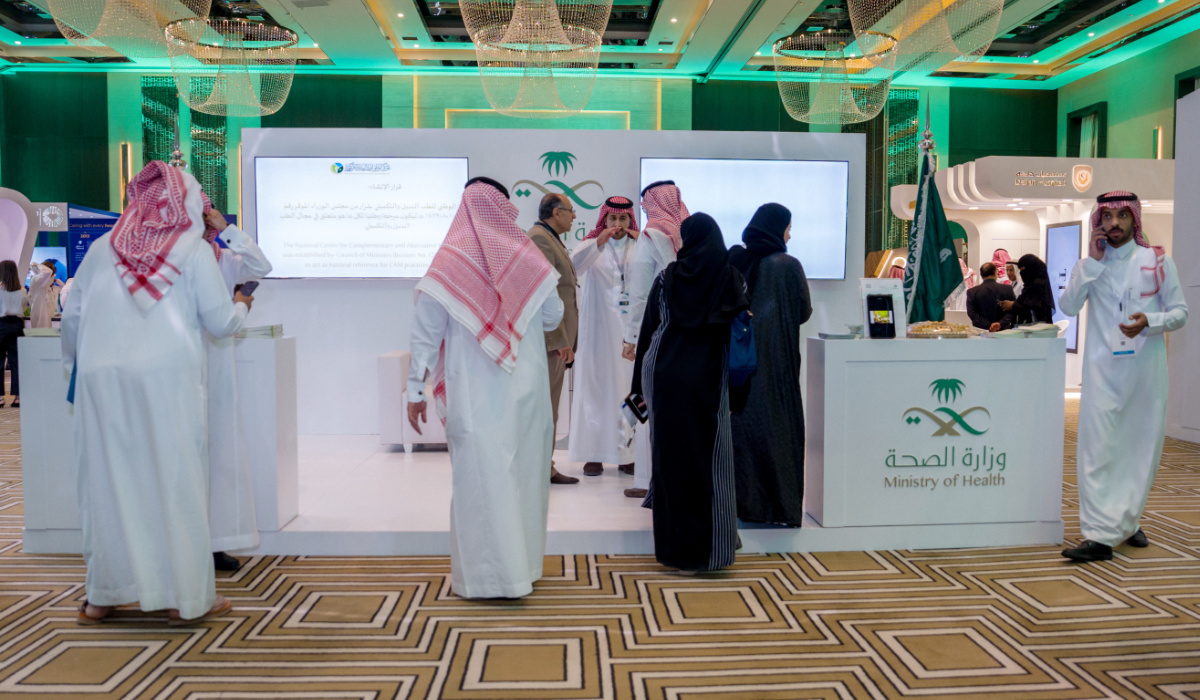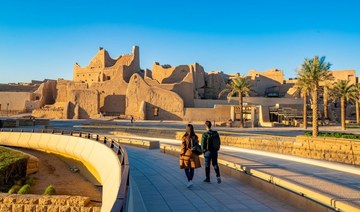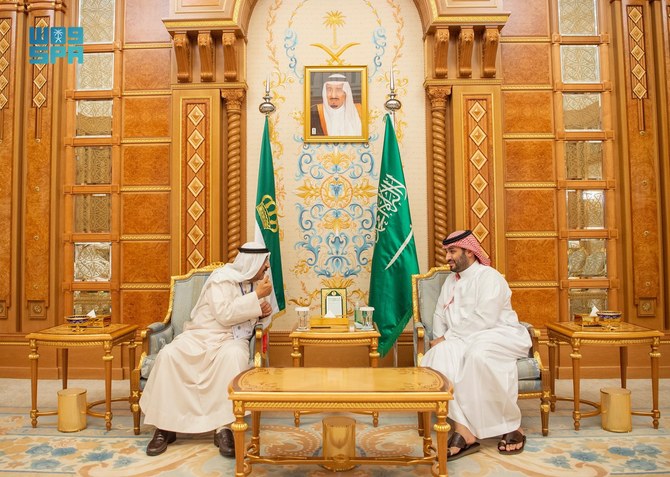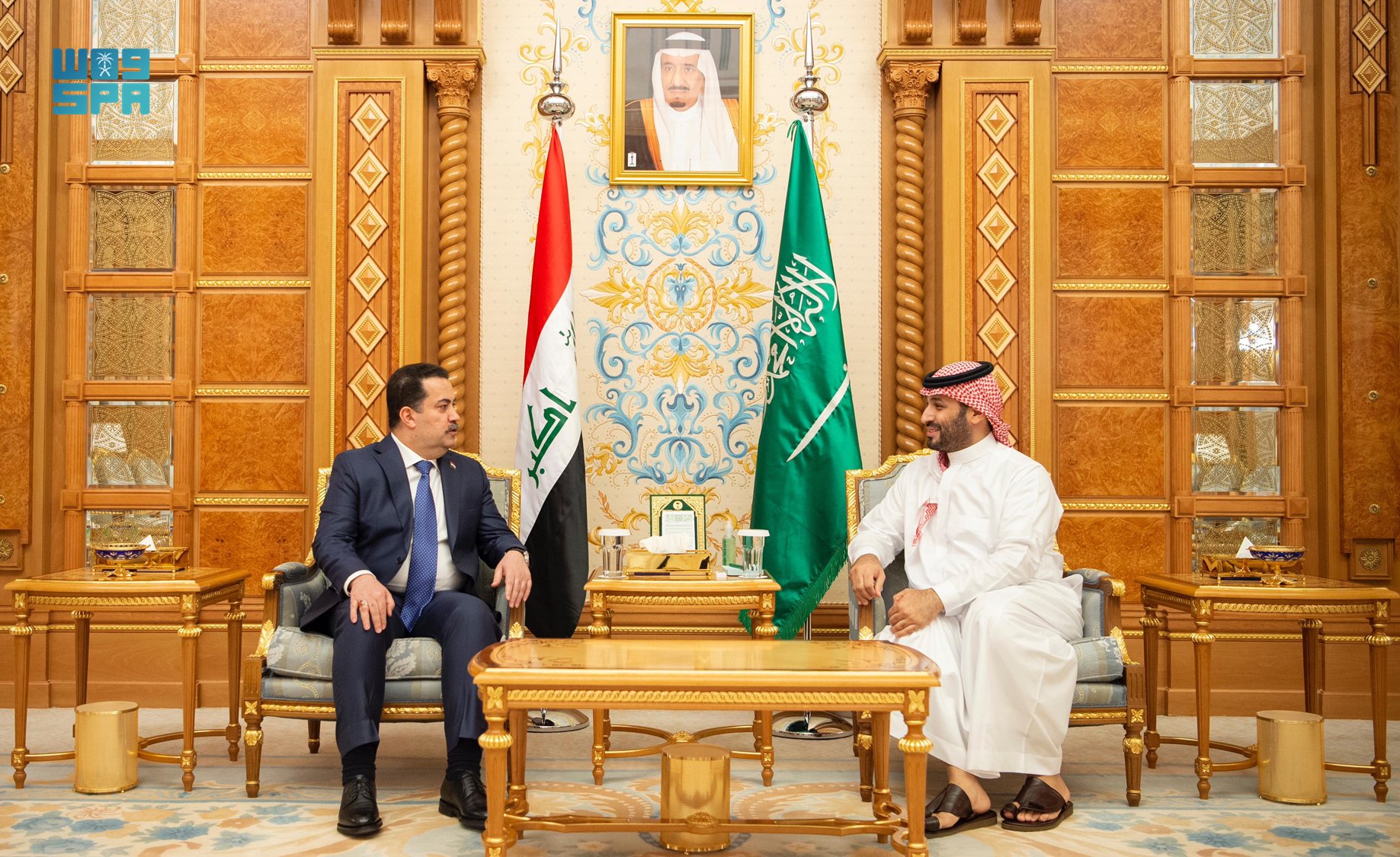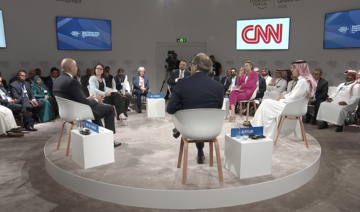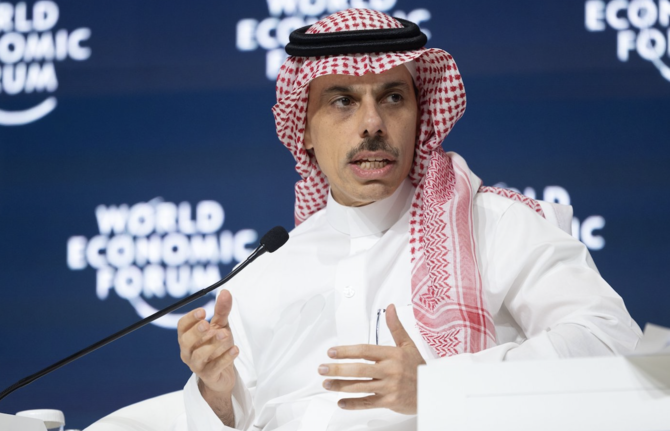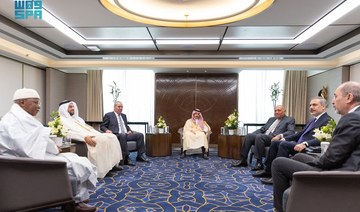JEDDAH: Public health misinformation was a major concern during the COVID-19 pandemic, when issues such as lockdown policies, mask-wearing and vaccines proved deeply polarizing, with many people casting doubt on their scientific basis.
Policing what doctors and other health professionals say in the public domain is not an easy task, in part because the councils and regulators established to investigate suspected malpractice were created long before the advent of social media.
As individuals take a greater interest in their health and well-being, demand for advice from medical experts on television and social media has grown, handing them influential platforms from which to assess official guidelines.

Hippocratic Oath illustration by Shutterstock
A recent incident on Saudi television has brought this phenomenon to the fore, prompting fresh calls for stricter controls on the airing of personal opinions and theories in the news media and on digital platforms, and perhaps even new guidelines on medical ethics.
Could it be time for a Hippocratic Oath for the digital age?
A few weeks ago, Dr. Saud Al-Shehri, a well-regarded family physician and a frequent guest on Saudi Arabia’s official news channel, Al-Ekhbariya, created a stir with an appearance on the network’s Al-Rased program in which he addressed the health implications of drinking large quantities of water.
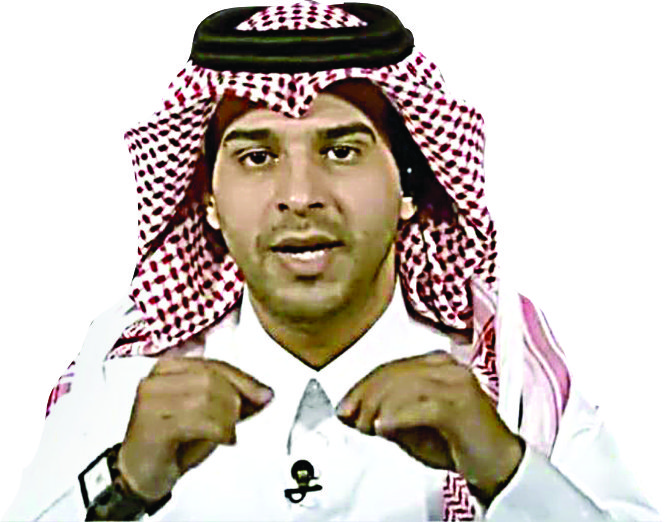
Dr. Saud Al-Shehri. (Supplied)
Discussing dietary issues in relation to fasting during the holy month of Ramadan, Dr. Al-Shehri said that people who consume five or more 200 ml bottles of water in an hour could suffer from a condition he later referred to as water intoxication or water poisoning.
The claim might not have raised many eyebrows had it been made by someone without a medical background. But given that the source was a respected health professional, with a substantial Twitter and YouTube following to boot, the comments naturally drew considerable attention online.
Many members of the Saudi medical community played down or disputed Dr. Al-Shehri’s warning. Although water poisoning is a real affliction, known as hyponatremia, it is not brought on by quickly drinking a single liter.

Extra glasses of water are recommended by many for those fasting, particularly in summer months. (Shutterstock photo)
Muslims breaking their fast are encouraged to drink plenty of water to stave off the far more dangerous consequences of dehydration. Still, scientists believe the effects of abstaining from water during the Ramadan fast are negligible.
A 2012 study titled “Hydration and performance during Ramadan,” published in the Journal of Sports Sciences, found that water loss while fasting may constitute as little as 1 to 2 percent of body mass.
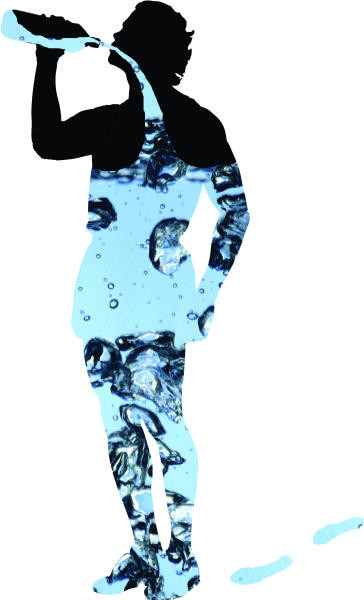
Water loss while fasting may constitute as little as 1 to 2 percent of body mass, according to a 2012 study. (File photo)
The Saudi Ministry of Health’s Forensic Medical Board is the designated legal body for monitoring medical malpractice and medical error complaints filed by the Ministry of Health or by ordinary citizens.
Speaking to Arab News, Rayan Mufti, a lawyer and legal adviser, said the board should play an active role in not just monitoring the words of physicians but also in bringing to account those who dispense medical advice on public platforms for potentially harmful consequences.
“In this case, the doctor gave his personal opinion that is not based on medical research or general medical rule,” said Mufti.
“This is the supposed medical error, and the MoH is the main legal authoritative body that should follow up on such cases as this is considered a medical error on the doctor’s part given that he provided advice that was not part of his medical specialization.”

Fighting the spread of misinformation requires a multi-pronged approach, countering misinformation with credible and shareable content, says lawyer Rayan Mufti. (Supplied)
Dr. Al-Shehri could not be reached by Arab News for comment.
The controversy is emblematic of a problem that cuts across national and cultural boundaries, whereby medical opinions are often aired unchallenged on prominent media platforms, potentially skewing public health messaging and, as in the case of COVID-19, undermining the response.
A 2014 study published in the British Medical Journal examined 40 randomly selected episodes of “The Dr. Oz Show,” one of America’s most-watched medical talk shows hosted by the eponymous celebrity doctor, Mehmet Oz.
The findings showed that the information disseminated in those episodes was based on evidence just 46 percent of the time.
In his programs, which are aired by MBC4, a channel belonging to the Middle East Broadcasting Center, Dr. Oz advocates alternative therapies, fad diets, detoxes and cleanses.
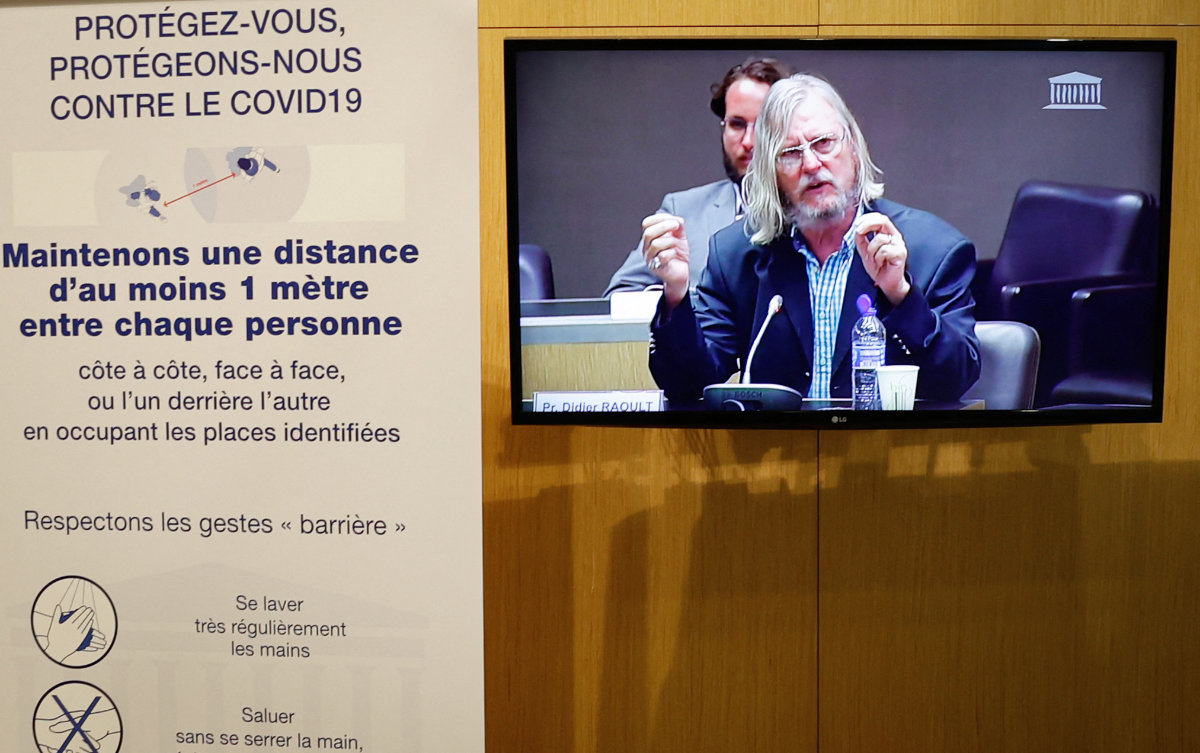
French infectious disease expert Didier Raoult testifies before the National Assembly on the use of hydrochloroquine as a treatment for COVID-19 on June 24, 2020. (AFP file)
Although the medical community routinely rejects his health recommendations as baseless and unproven, Dr. Oz has built up a substantial public following.
“Recommendations made on medical talk shows often lack adequate information on specific benefits or the magnitude of the effects of these benefits,” said the University of Alberta research team behind the British Medical Journal study.
“Approximately half of the recommendations have either no evidence or are contradicted by the best available evidence. Potential conflicts of interest are rarely addressed. The public should be skeptical about recommendations made on medical talk shows.”
The danger of medical misinformation was evident to authorities worldwide from the onset of the COVID-19 pandemic in early 2020.
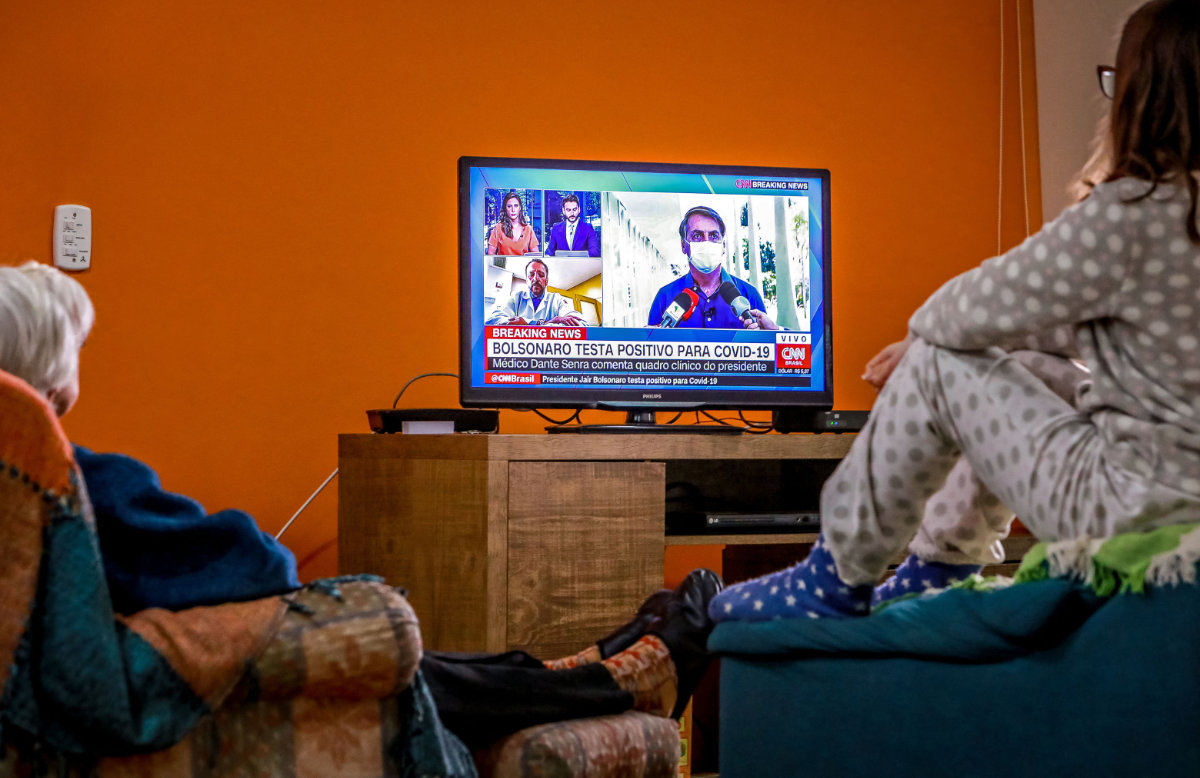
Brazil leader Jair Bolsonaro claims he was ‘perfectly well’ after a positive coronavirus result. (AFP)
Without consistent messaging regarding the benefits of social distancing, personal hygiene and the safety and efficacy of vaccines, entire cities were at risk of seeing containment measures ignored and their health systems overwhelmed.
From the get go, Saudi Arabia issued explicit guidelines to media outlets, public and private entities and the medical community informing them of the potential repercussions of spreading incorrect information about the pandemic.
The Kingdom’s Office of Public Prosecutions made it an offense to produce “rumors or fake news that would affect the public order or public security or sending or resending it via social media or any technical means.”
Offenders could face imprisonment for up to five years and a fine of SR 3 million ($800,000).
“Evidence-based sciences were not given priority because the drivers of misinformation were many. This was something that was widespread during the early days of the pandemic,” said Mufti.
“There were many instances where doctors (in Saudi Arabia) appeared in the media, giving their opinions that were not in their specialized fields.
“That resulted in many contradictions to the level where the MOH warned against listening to doctors unless (their statements were) released from the main source (the MoH).”
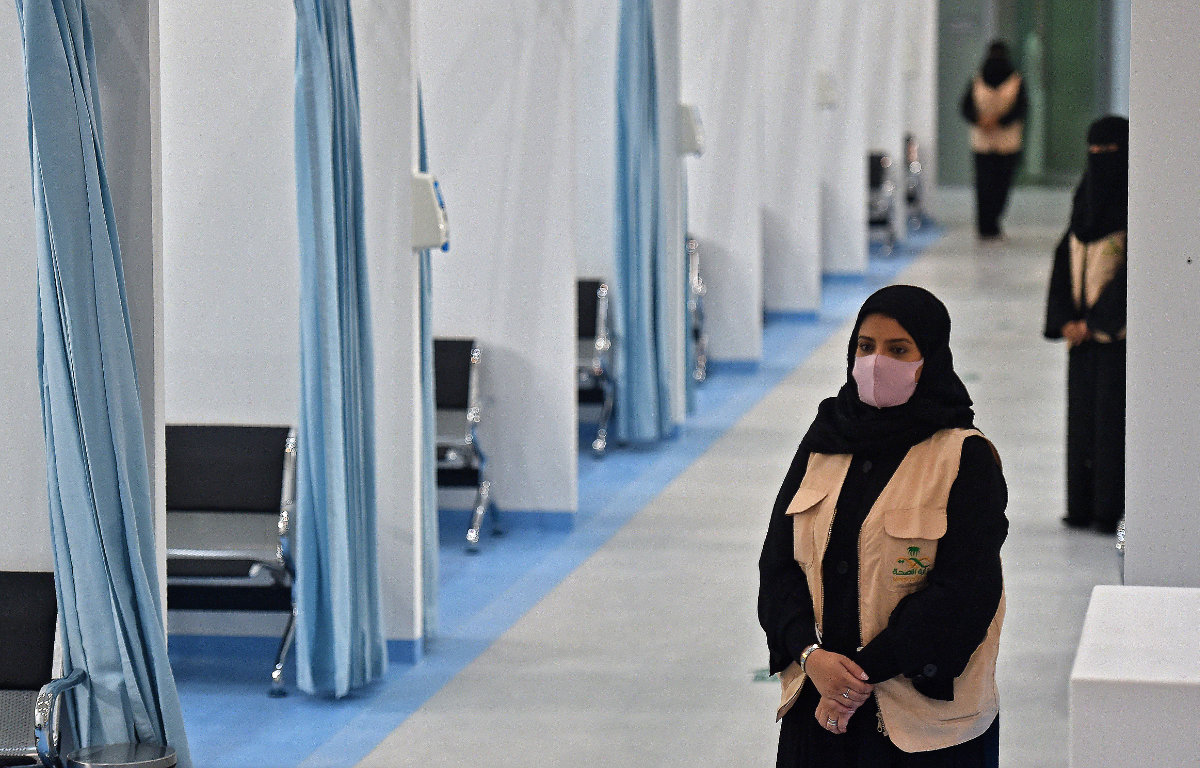
Nursing staff are seen at a COVID-19 vaccination center Riyadh on Dec. 17, 2020. (AFP file)
According to the US Federation of State Medical Boards, health authorities around the globe are under mounting pressure to act against doctors who spread false or misleading information.
Doctors in the US can already face disciplinary action for failing to give advice or treatment in line with evidence-based medicine and standards of care. The question for authorities now is whether this ought to extend to statements made in the media and on digital platforms.
Britain’s General Medical Council is currently updating its Good Medical Practice guide for the first time in nearly a decade. Doctors who are reported to have shared “misleading” information on social media could soon face regulatory action, according to the Guardian newspaper.
For Mufti, one possible antidote is for health authorities themselves to engage more closely with media and digital platforms by sharing medical advice based on hard science.
“Countering the spreading of misinformation requires a multi-pronged approach, including the deployment of credible and shareable content,” he said.
“This will also stop regulated health professionals, particularly physicians, from spreading evidence-free nonsense.”



